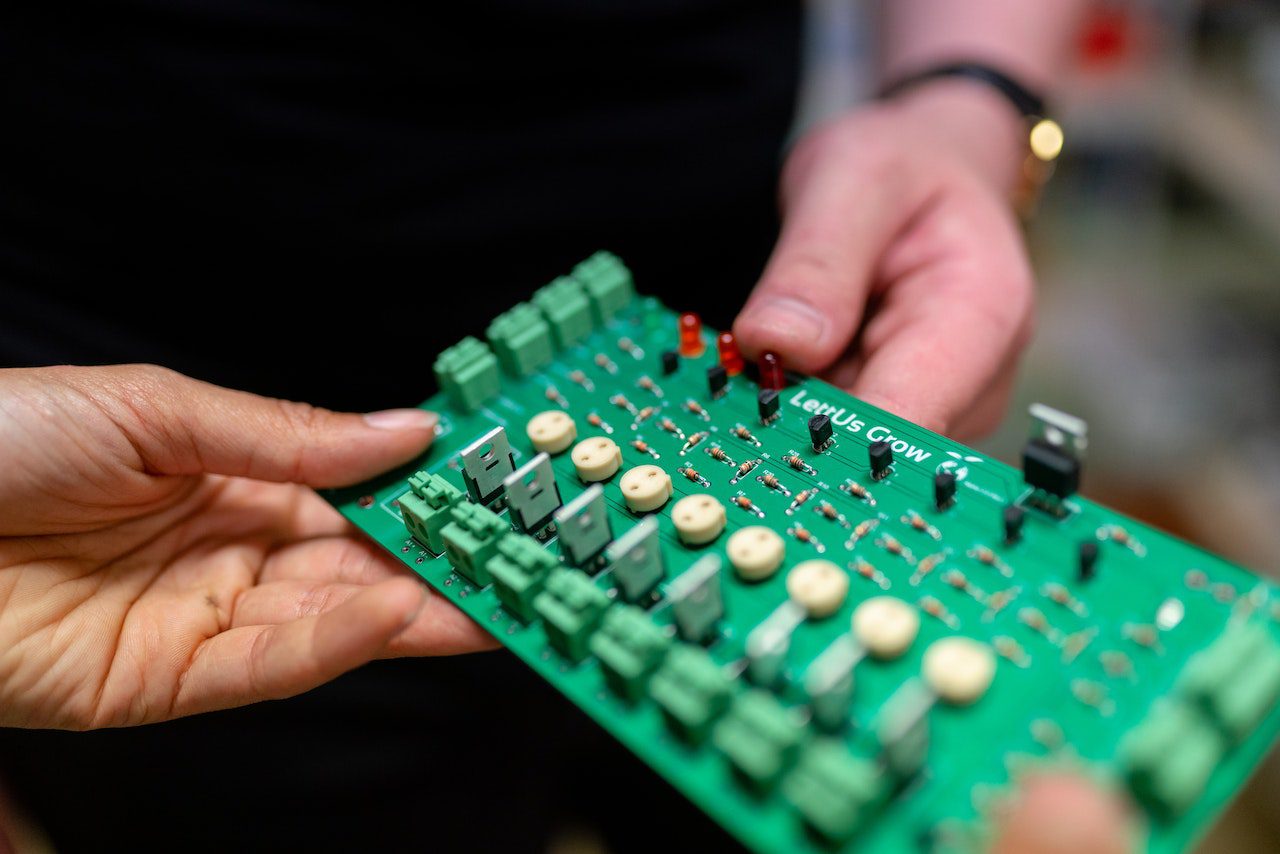What Kind of Circuit Breaker Should You Install in a Commercial Building?
Commercial buildings are buildings zoned for commerce. You might see a lawyer’s office in a commercial building, or maybe you’ll see one being used as a furniture store.
Whatever it’s being used for, though, if it’s zoned commercial, it must be constructed correctly and have all the necessary components. The building’s owner and customers demand no less.
The electrical components within the building must all be functioning correctly. You should see the proper circuit breakers inside.
If you don’t know much about electrical systems, though, you may not know whether you want a square D 50-amp breaker in the commercial building or some other kind entirely. Let’s talk about which circuit breakers should go in commercial buildings right now.
What is a Circuit Breaker?
First, let’s define circuit breakers, just in case you don’t know this term. Breakers are electrical components. They’re safety devices. You install one as protection for an electrical circuit.
If there’s too much current running through one part of the electrical system, the breaker trips, which stops an overload. Electrical overloads can be quite serious since they can cause a fire in some instances.
What Goes Into Selecting a Circuit Breaker for Commercial Buildings?
There is no single answer as to what circuit breakers you want in commercial buildings. That is because several crucial factors go into making this choice.
You will need a professional electrician to answer this question for you. They will look at any existing regulations they must follow. They will examine the technological requirements and telecommunications systems associated with this particular electrical circuit.
They must also look at the load the circuit must bear and the electrical system’s general characteristics. Finally, they must consider the environment where the breaker will be installed. They must be mindful of the average temperature there, the humidity that might be present, and so forth.
The Rated Current and the Ambient Temperature
When a professional electrician looks at everything we mentioned, they will pay particular attention to the ambient temperature and the rated current. Say that they are dealing with a low-voltage distribution circuit breaker. If so, they will want to install those rated for 40 degrees Celsius for industrial CBs, or 30 degrees Celsius for commercial distributive or domestic CBs.
Compensated Thermal Magnetic Tripping Units
An electrician working in a commercial building might use a compensated thermal magnetic tripping unit if they have an enclosed electrical system where they must install energy-intensive CBs. This kind ends up getting installed in many commercial sites.
Uncompensated Units
An electrician might also install an uncompensated thermal magnetic tripping unit. These are appropriate for very hot climates or facilities.
If a facility is running some equipment that generates a lot of heat, you can bet the electrician will install an uncompensated unit.
Those are the basic rules regarding what circuit breakers you’ll see in commercial facilities. These are critical choices. A breaker that isn’t adequate for a particular building can cause tons of headaches for the employees and building owner.













Leave a Reply
Want to join the discussion?Feel free to contribute!